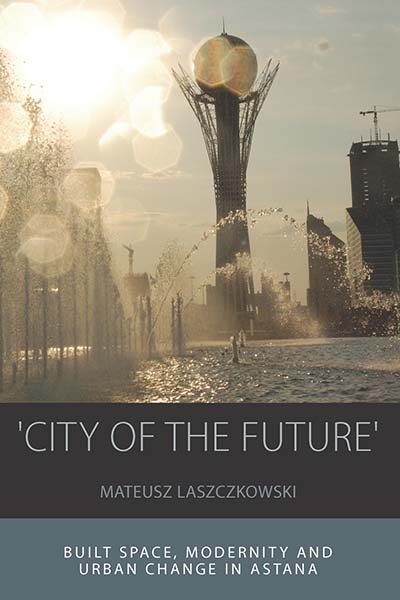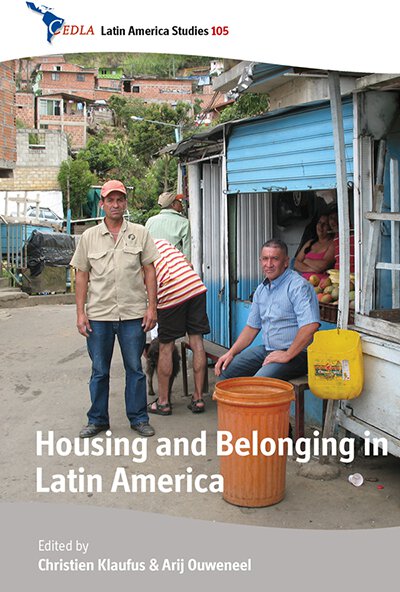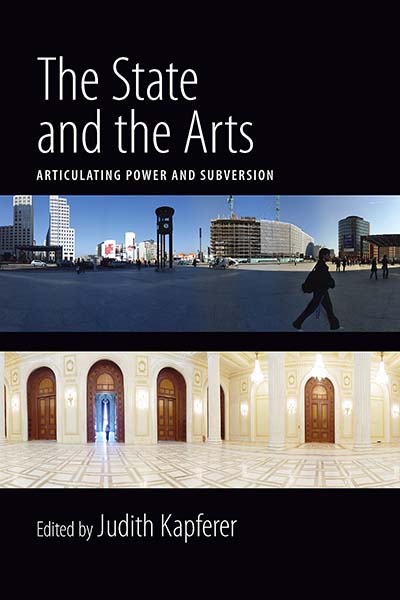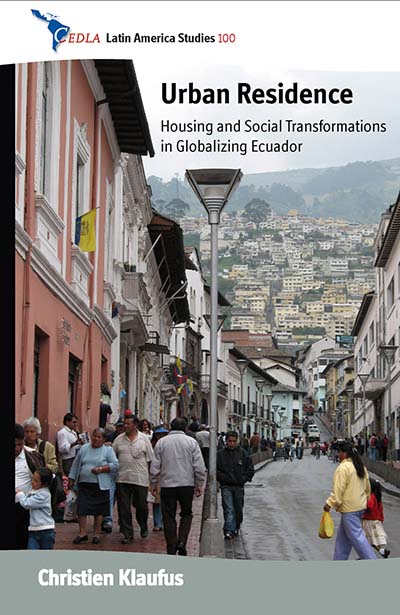
Series
Volume 14
Integration and Conflict Studies
Email Newsletters
Sign up for our email newsletters to get customized updates on new Berghahn publications.
'City of the Future'
Built Space, Modernity and Urban Change in Astana
Mateusz Laszczkowski
220 pages, 2 tables, 2 maps, 22 figures, bibliog., index
ISBN 978-1-78533-256-2 $135.00/£104.00 / Hb / Published (August 2016)
ISBN 978-1-78920-075-1 $34.95/£27.95 / Pb / Published (October 2018)
eISBN 978-1-83695-951-9 eBook
WINNER OF THE 2018 CLIO PRIZE (2ND GRADE) FROM THE UNIVERSITY OF WARSAW
Reviews
“This book truly epitomizes twenty-first century scholarship in the social sciences. From this standpoint, despite its primary focus on a Central Asian society, it can be considered a useful reference for Europeanists in the broader sense, especially those involved in post-communist studies. As a matter of fact, the book was written in English by a Polish researcher, in a German institution, with European funding, drawing on extensive fieldwork in Kazakhstan…[It] opens stimulating debates in many field…The reader is caught in the midst of fascinating stories and compelling arguments. The structure allows us to grasp multiple times, plural spaces, thus numerous modernities.” • EuropeNow
“Laszczkowski offers a rich and dynamic picture of migration, identification, alienation and change behind seemingly straight lines of plans, streets and buildings.” • Allegra lab
“The book can serve as the perfect companion to post-graduate studies in many fields, because its methodology is brilliant, clear, transparent, and utterly reflexive. No doubt it will become a major reference text on many syllabi to come.” • Central Asian Affairs
“City of the Future represents a particularly remarkable achievement not only in its sophisticated consideration of [its] sources and the fascinating dialogues into which it brings them, but equally in how Laszczkowski skillfully grounds them within the open-ended ambivalences that his sharp ethnographic eye brings to light with impressive lucidity… the book could come in handy as a clear, concise, and critical ethnographic exposition of crucial theoretical debates and indispensable literature that would no doubt serve well in advanced undergraduate as well as graduate courses in urban anthropology.” • Slavic Review
“Drawing upon the case of Astana, which remains unfamiliar to many scholars, this book makes a valuable contribution to the study of urban transformation and power in the post-Soviet countries and beyond. Despite the city representing an example of phenomena often too broad in scale to be empirically analysed, having numerous inter-subjective and experiential qualities, the book skilfully carves out the multiplicity and complexity of time- and space-making relationships. Furthermore, it introduces numerous new perspectives that should be elaborated upon by future research.” • Europe-Asia Studies
“In many ways, Laszczkowski’s observations affirm existing work, and indeed his book does a marvelous job engaging some rather complex theories in accessible terms. Yet, his ideas on spatiality are also highly original, and deserve a wide readership… Coupled with its excellent theoretical framing and wide-ranging fieldwork, [this book] is set to become a must-read not only for anthropologists, but also for any social scientist or humanities scholar concerned with how the contested notion of modernity can reach into the very pores of the urban metropolis.” • International Social Science Review
“‘City of the Future’ is the first of its kind. As a long-awaited comprehensive account of the rise of Astana… it is a remarkably thoughtful and thought-provoking book. Laszczkowski is a skilled ethnographer and he recounts his rich and insightful research in a style that captivates and challenges readers to think outside the box.” • Natalie Koch, University of Syracuse
Description
Astana, the capital city of the post-Soviet Kazakhstan, has often been admired for the design and planning of its futuristic cityscape. This anthropological study of the development of the city focuses on every-day practices, official ideologies and representations alongside the memories and dreams of the city’s longstanding residents and recent migrants. Critically examining a range of approaches to place and space in anthropology, geography and other disciplines, the book argues for an understanding of space as inextricably material-and-imaginary, and unceasingly dynamic – allowing for a plurality of incompatible pasts and futures materialized in spatial form.
Mateusz Laszczkowski is Assistant Professor at the Institute of Ethnology and Cultural Anthropology, at the University of Warsaw, Poland. In 2007-2012 he conducted his doctoral research at the Max Planck Institute for Social Anthropology in Halle/Saale, Germany.




